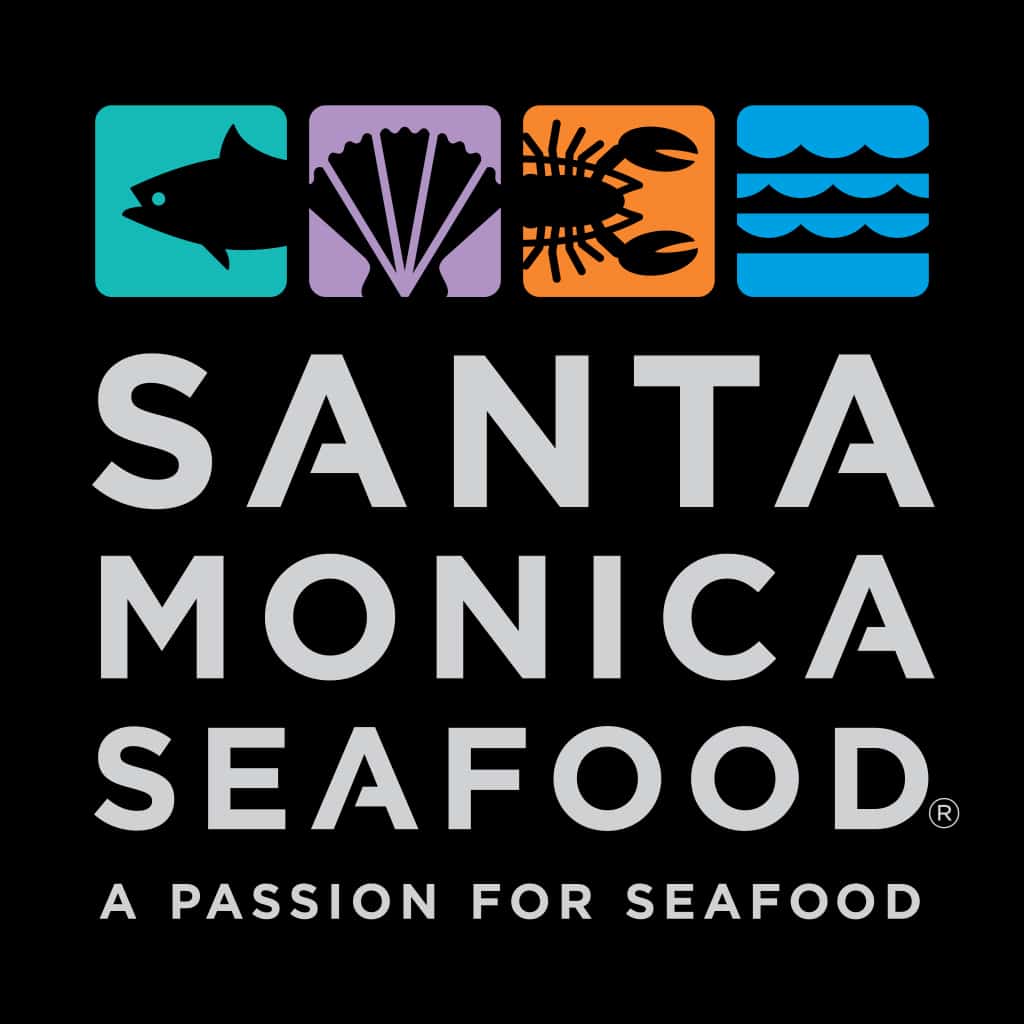Santa Monica Seafood’s goal is to be the most trusted Seafood Supplier in the country in terms of food safety, quality, business ethics and environmental responsibility as well as to the challenging area of social responsibility, particularly as it pertains to labor practices in our supply chain. Because so much of our sourcing base is global, highly fragmented, and includes land processing and offshore fishing, our suppliers play a critical role in ensuring how we manage our sourcing in a responsible manner.
On January 1, 2012, the California Transparency in Supply Chains Act of 2010 went into effect, requiring retailers and manufacturers above a certain size and doing business in California to disclose efforts to eradicate slavery and human trafficking from its direct supply chain. The following is Santa Monica Seafood’s (SMS) required disclosure under the Act:
As a leader in the seafood industry we are committed to working with our suppliers and NGO consultants to develop and implement policies and procedures that will ensure the elimination of slavery and human trafficking in our supply chains. This disclosure describes some of these efforts.
- Risk Assessment. SMS, in conjunction with our NGO consultants, is in the process of developing criteria related to labor abuse which will be used to perform risk assessments across all our products, production origins and traceability systems.
- Auditing. SMS performs international sourcing and supplier audits covering food safety, Illegal, unregulated and unreported (IUU) fishery compliance, traceability, and good farming practices, visiting approximately 6 different suppliers annually on a rotating basis with some attention to labor practices. SMS is in the process of developing formal audit and validation protocols to address suppliers and commodities considered high risk with regard to labor issues.
- Certification Requirements. SMS is in the process of requiring all suppliers to certify in writing that they and the producers of the products they sell us comply with the laws regarding slavery and human trafficking in the countries and commodities they source from. SMS is also in the process of requiring all high and moderate risk direct overseas suppliers to provide third party labor audits designed to assure compliance with international social accountability standards and consistency with SMS’s Code of Business Conduct.
- Internal Accountability. SMS is committed to ethical and socially responsible conduct in the workplace. All of its employees and contractors must adhere to its Code of Business Conduct, which requires compliance with all laws, including laws addressing slavery and human trafficking.
- Procurement Training. SMS’s procurement team is aware of SMS’s policies and sensitivities with regard to any form of labor abuse and is trained to know what to be alert for when evaluating new products and suppliers. Team members attend 2-3 national and international fishery related forums per year that include discussions and presentations related to social issues, work conditions, child labor, human trafficking and slavery.
There are many means outside of our direct supply chain to effect change through advocacy and investment. SMS is committed to ending IUU fishing which is often associated with slavery and human trafficking on the high seas. We strongly support the Presidential Task Force on combatting IUU fishing and Seafood Fraud, we encourage the signing of the FAO Port State Measures Agreement and enhancing it with provisions addressing crew working conditions, we financially support the Trygg Mat Combined IUU Vessel List, and we are becoming involved with the international Labour Rights Promotion Network’s activities in SE Asia.
To learn more, please visit: www.knowthechain.org
